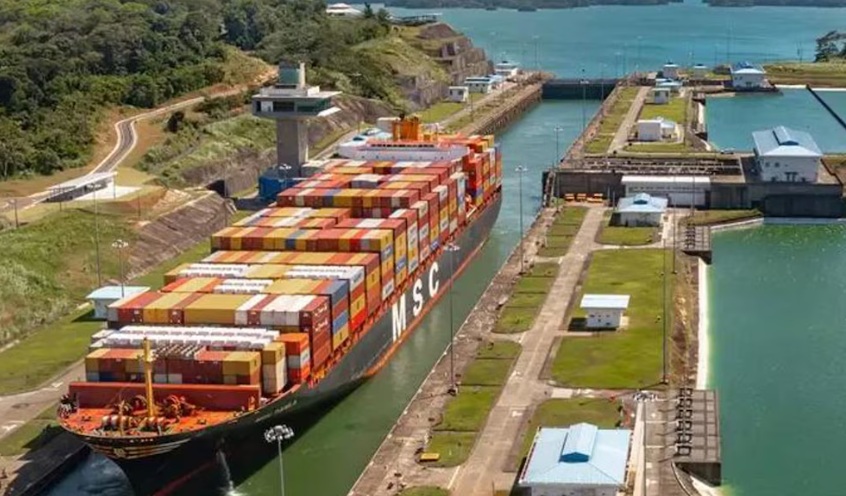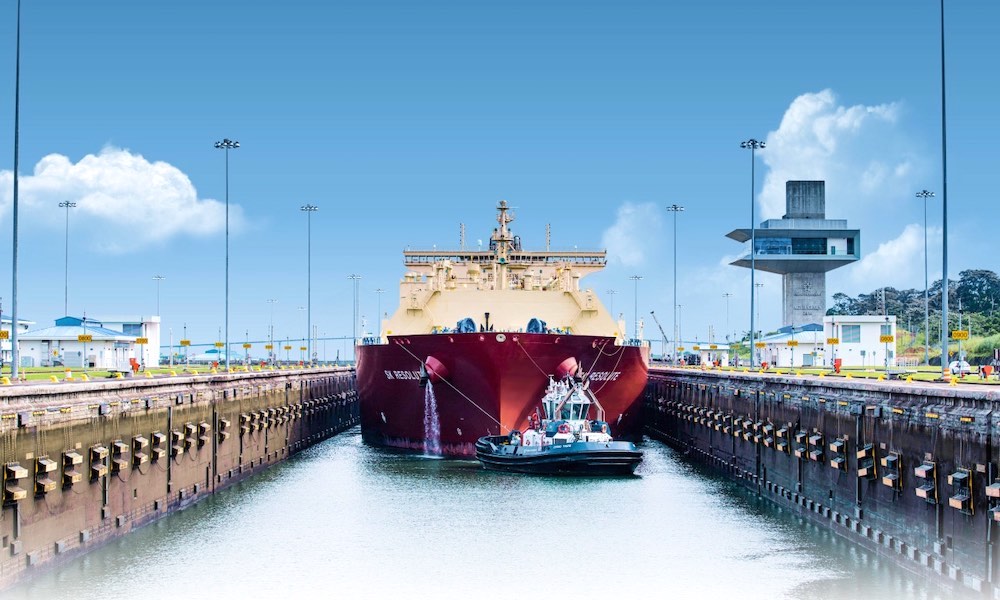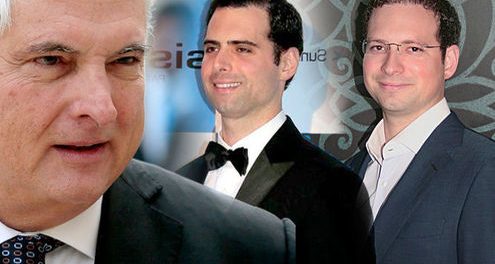DOJ alerted Panama to probe of Martinelli’s Super 99

In March 2018, the Office of International Affairs of the US Department of Justice (DOJ), Criminal Division, sent a letter to his Panamanian counterpart, requesting assistance in the Odebrecht case, which involved, among others, the main company of the Martinelli group: Importadora Ricamar, SA (Irisa) reports La Prensa.
“The investigation has revealed that the subjects of the investigation transferred funds to accounts located in Panama and from these, to facilitate corrupt payments to foreign officials, ” the request states, referring to companies controlled by Odebrecht. The DOJ wanted “the records of the Panamanian banks” of the accounts that those companies had or could have in Panama.
The letter summarily described Odebrecht’s money laundering operations on behalf of corrupt officials in various Latin American countries.
For example, the US prosecutor cited the case of a ruling by the 13th Court of the Federal Criminal District of Curitiba (Brazil) – dated March 8, 2016 – which referred to bank accounts used by Odebrecht in several countries, such as Panama. “This sentence identified an account in the name of Constructora Internacional del Sur, held at Credicorp Bank, in Panama” , a company that, together with Select Engineering Consulting Services and several other companies, transferred abroad and locally -from that bank – hundreds of millions of dollars in bribes.
A relevant piece of information in this request is that the DOJ reveals that it obtained a copy of the Drousys software Odebrecht’s encrypted communications system to move dirty money to corrupt officials on the continent.
In other words, the DOJ is in possession of the software that stored Odebrecht’s corrupt daily payment schedules, managed by the Structured Operations Division or Odebrecht’s bribery department.
However, the forms, although they indicate the number of bribes that were paid daily, the projects from which the funds came, and their destination, only mention the beneficiaries by their nicknames.
The US prosecutor indicated that they obtained from Drousys the names of 52 companies) based in Panama “in relation to the illicit activities of the Structured Operations Division” and that they would have had accounts in at least 27 local and foreign banks licensed to carry out their activities in the country.
The request sought to “trace bribery payments and profits sent and received in these accounts”.
US prosecutors were investigating 14 types of crimes, including racketeering and racketeering conspiracy; interstate and foreign travel or transportation in support of organized criminal activity; violations of the law on corrupt practices abroad related to crimes such as corruption in general and accounting in particular. money laundering and participation in monetary transactions with goods derived from illicit activities.
The DOJ asked Panama for “complete certified copies of any and all corporate records, including articles of incorporation, corporate applications, and all licenses and authorizations to conduct business in Panama ,” from a list of at least 50 companies. , several of which are mentioned in the tax hearing of the Odebrecht case.
In addition, the Americans asked the Public Ministry for the bank records of 47 companies with accounts in 25 local and foreign banks in Panama.
16 Super 99 accounts
Several of these companies investigated by the DOJ are related to companies belonging to the family of former President Ricardo Martinelli, including the most important of the group of Martinelli Companies: Importadora Ricamar, SA (Irisa), the corporate name of Super 99.
The US Prosecutor asked the MP to investigate 16 Irisa bank accounts in 9 banks.
Irisa is also the subject of a forensic audit by the General Directorate of Revenue (DGI), which last May received an intelligence alert from the FBI about alleged activities aimed at tax evasion.
La Prensa had access to this document– in which the FBI informed local authorities of a possible crime of “tax evasion”. That letter describes operations through which the family of former President Martinelli, including his wife and children, would benefit from “irregular” financial arrangements through Irisa.
Martinelli’s reaction to the FBI intelligence report was to dismiss it. He said he did not believe the FBI was interested in his business and tax activities.





